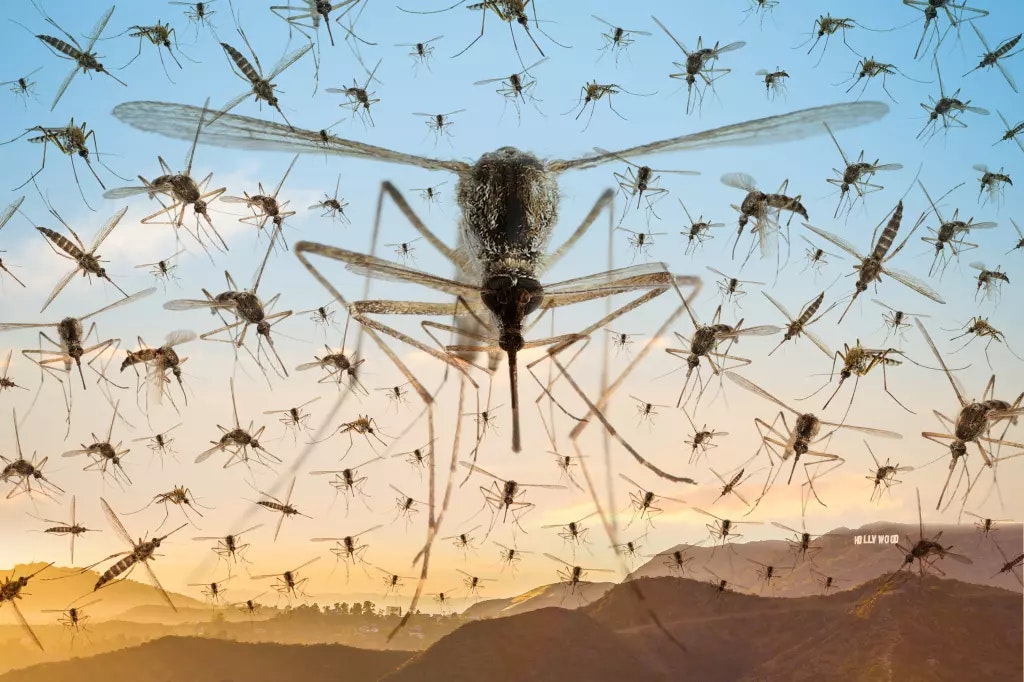New Genetic Biocontrol Could Help Stop Mosquito-Borne Diseases

A revolutionary genetic biocontrol method is offering new hope in the fight against mosquito-borne diseases like malaria, dengue, and Zika. Researchers at Macquarie University in Australia have developed the Toxic Male Technique (TMT)—a breakthrough approach that reduces the lifespan of female mosquitoes, potentially cutting disease transmission faster than traditional pesticides.
TMT works by genetically modifying male mosquitoes to carry insect-specific venom proteins in their semen. When they mate, these proteins significantly shorten the females’ lifespan, reducing their ability to spread diseases. Initial research shows a 60% reduction in female lifespan, which could drastically decrease infections worldwide.
Unlike conventional mosquito control methods, such as pesticides or sterile insect releases, TMT requires fewer mosquitoes and works much faster, making it both cost-effective and environmentally friendly. Since female mosquitoes take a few days after biting to transmit diseases, shortening their lifespan could prevent disease transmission altogether.
Beyond mosquito-borne diseases, this technique also holds promise for agriculture, where it could help control destructive crop pests with longer lifespans, improving food security.
While rigorous safety testing and regulatory approvals are still needed, scientists believe this innovative approach could be a sustainable game-changer in global health. With continued research, TMT may soon provide a safe, efficient, and environmentally friendly way to combat deadly diseases and protect crops worldwide.
